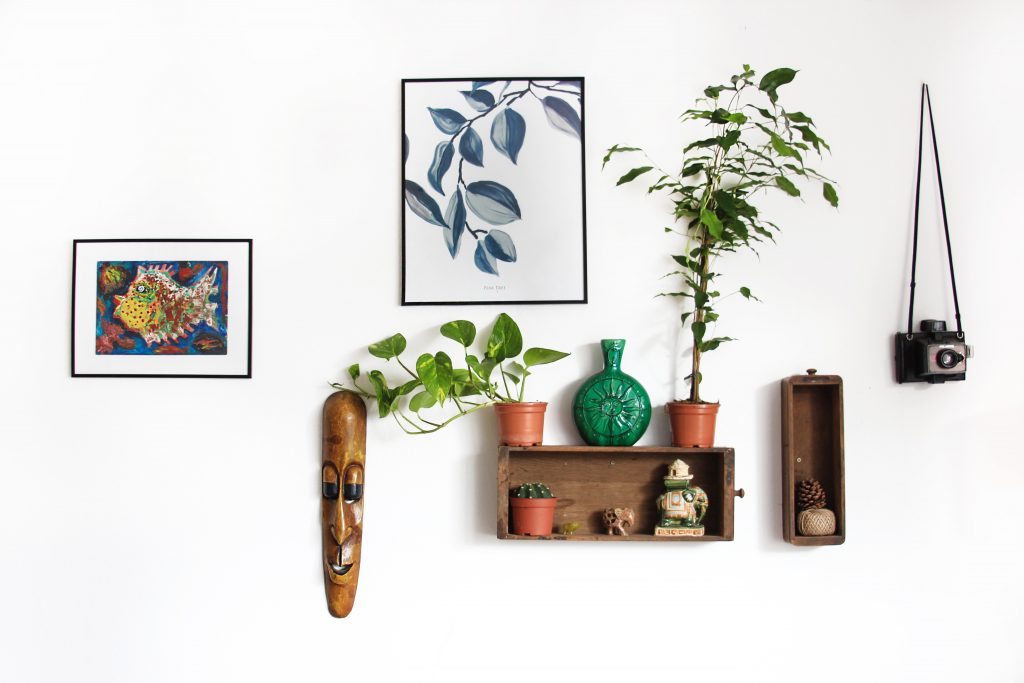
I’ve learned a new mantra which has become a guiding light recently. Progress not perfection.
The focus is on making progress, taking action, taking the next small step…and totally forgetting about doing things perfectly. Adequate, fine, done. I love it.
Even if your end result isn’t perfect – you’ve got yourself past that horrible stage of wondering, procrastinating, staying stuck. When you wait until you’re 100% sure what you’re doing or what the outcome will be. If you get stuck in this way of thinking, you never make any progress.
Let go of perfection.
However, if you let go of perfection, you give yourself space. Even if what you do is a bit crappy, you’ve broken through.
If you’ve always tried to do things perfectly, or you set yourself really high standards, it can seem counter intuitive.
But you’ve got to remember what’s more important, just getting it done, or not doing it at all.
You can let out your rebellious, slacker side. It’s not perfect, but it’s done. Next.
Trying to do everything.
The thing is, when you try and do everything in your life perfectly, you create a huge amount of stress. I see it in myself, I see it in my friends, I see it in my clients.
Trying to do everything perfectly is setting yourself up to fail or burnout. Having the perfect job. Doing your work perfectly, being the perfect partner. Being the perfect friend, trying to look perfect. Always putting other people first.
From my experience (I know there will be exceptions), the guys I know don’t seem to carry this perfectionism around with them so much. I feel they don’t worry about being the perfect friend, they just see their friends when they can. Remembering other people’s birthdays or anniversaries and buying the perfect card and present are not up there on the to-do list. Writing the beautiful thank-you card doesn’t happen.
I know that’s a big generalisation. But my main point is, I think it’s something to be admired. So I try to adopt more of this mentality. Progress not perfection. Letting some things happen imperfectly. Letting some stuff slip.
In short, focus on the important stuff, and just get it done. What do you think? Are you stuck, always trying to do things perfectly? Where can you cut yourself some slack?
If you’d like to try a life coaching session with me, email me at: joaopoku@gmail.com.
Photo by Andreas Dress on Unsplash




